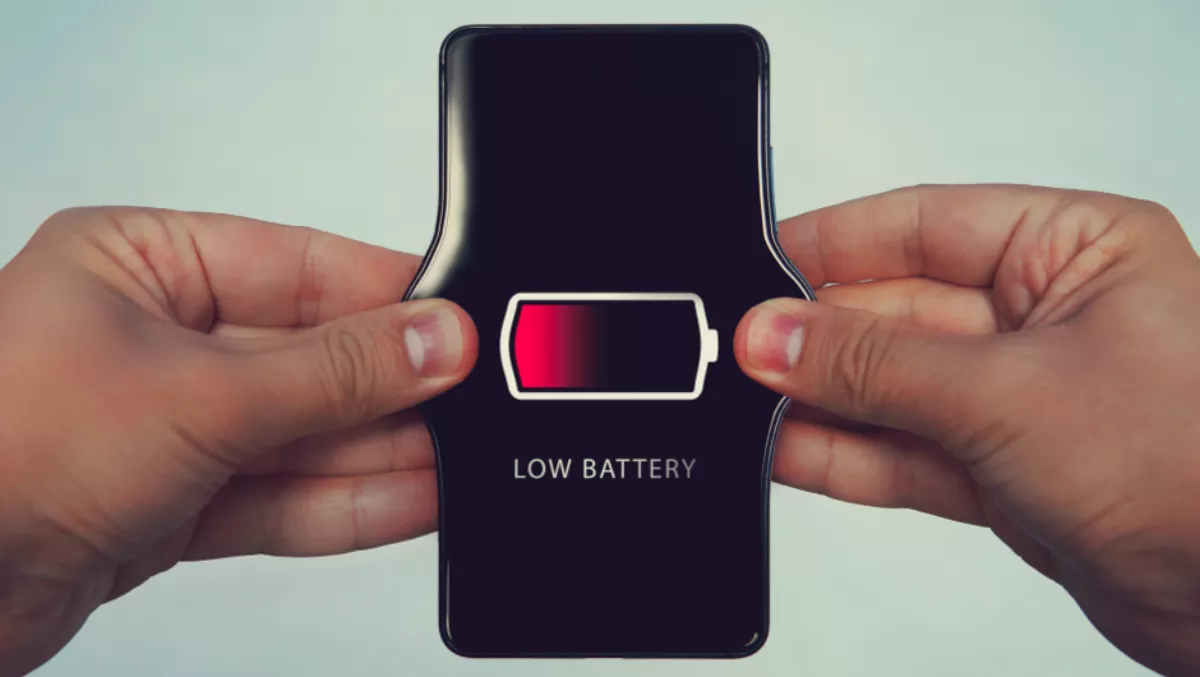
New research suggests ways to make phones smarter and last longer
Melbourne researchers have used artificial intelligence (AI) to predict when users will reach for their mobile phone, helping people to maximise phone battery life.
Experts in the University of Melbourne's School of Computing and Information Systems have trained the system to make personalised predictions based on which phone applications people use and when they access them.
According to University of Melbourne Professor of Human Computer Interaction Vassilis Kostakos, smartphones are designed to frequently fetch online data to keep users up-to-date, but this consumes a large amount of battery power.
"Smartphones are actually not very smart when it comes to system updates and battery conservation," Professor Kostakos says.
"A typical system takes tens of minutes, prevents people from using their phone in the meantime, and can't be paused once it commences. Knowing when users are most likely to use their phone can help smartphone apps and operating systems determine when to automatically update itself, without using large amounts of battery power or interrupting user-experience."
Instead of relying on power-hungry sensors, the AI system employs software-generated information to make personalised predictions about phone usage, factoring in how much time has elapsed since a user last accessed their phone, how long they used it for last time previously, and at what time of day.
"We tested the system with regular phone users and, in 93 per cent of cases, it accurately predicted whether users would unlock their phone in the next five minutes," Professor Kostakos sats.
"Based on our system, in non-usage periods, such as when someone sleeps at night, smartphones could schedule computation-intensive tasks such as app and OS updates, or any other activity that can affect user experience, such as downloading new podcast episodes or game updates. And rather than checking for updates every five minutes, your phone could just check once – before you use it. The end result could be increased time between needing to charge your phone, and a better user experience with the system operating at optimal speed."

